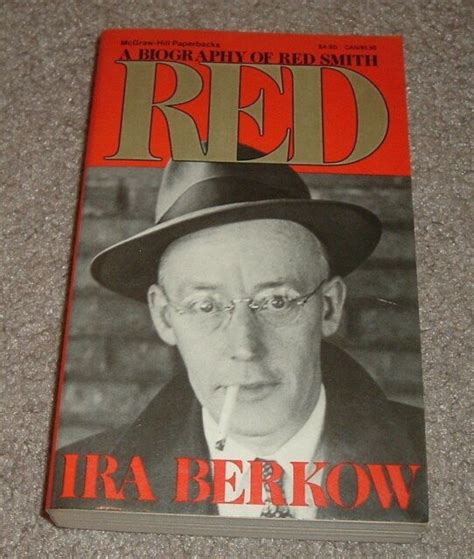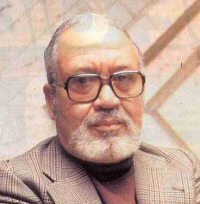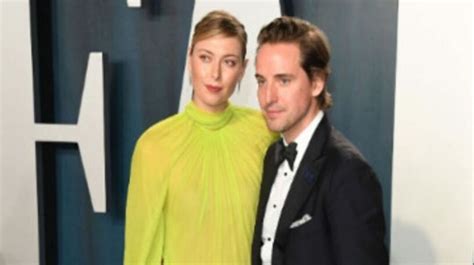A Quote by Red Smith
Writing is very much like bricklaying. You learn to put one brick on top of another and spread the mortar so thick.
Related Quotes
In writing lyrics - well, for me, anyway - it's about getting into character, you know? 'Who is writing this?' In the case of the original 'Thick As A Brick,' supposedly a precocious, very young child who's fantasizing about his future and the context of all the confusing elements to which school boys are subjected at that time.
That brick that you're standing on, that foundation that you're standing on, there's a brick in there that was placed by someone you never knew, sort of a faceless possibility, but you're there now. You have an opportunity to put your own brick in there. That's what it feels like we're doing with 'Hamilton'
In a word, learning is decontextualized. We break ideas down into tiny pieces that bear no relation to the whole. We give students a brick of information, followed by another brick, followed by another brick, until they are graduated, at which point we assume they have a house. What they have is a pile of bricks, and they don't have it for long.

































